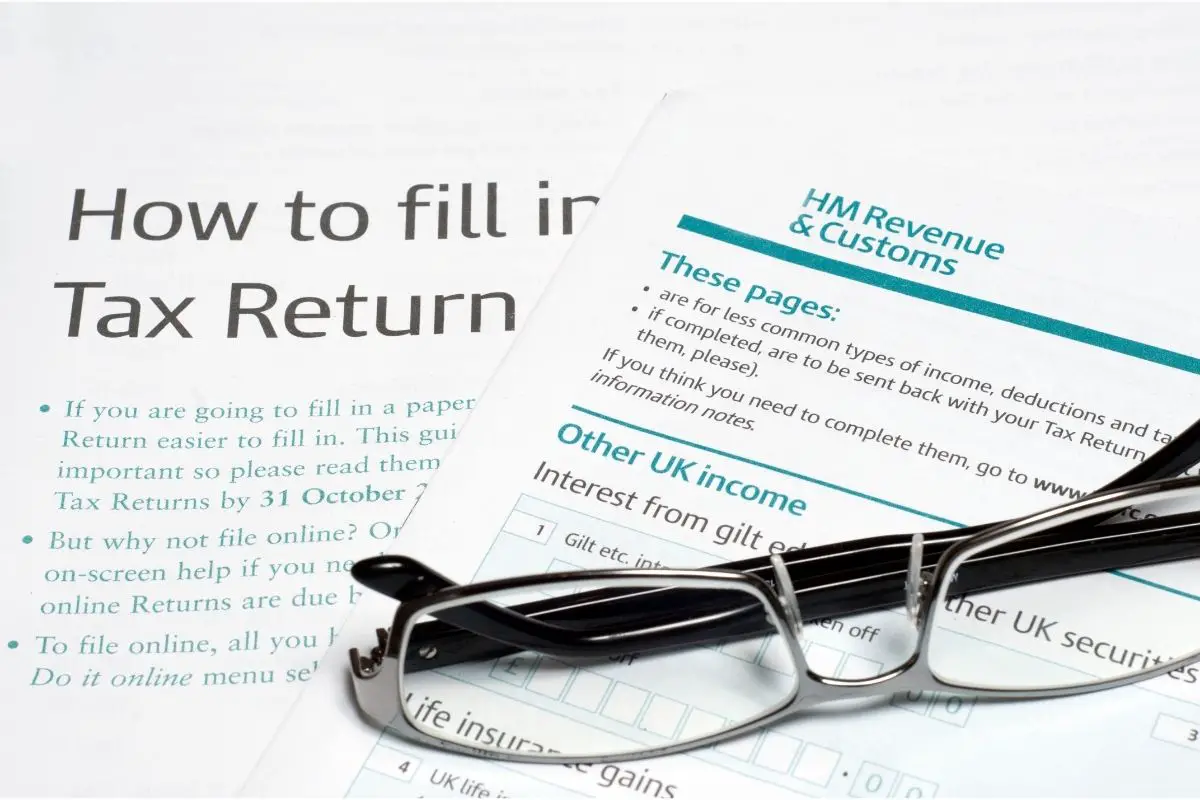Across the Globe, the month of April means different things to different people. For some people, it will be their birth month, and for others it will be the anniversary of their marriage.
But April doesn’t just mean different things to different people, it also means different things to different cultures.

In England, they celebrate St George’s Day, and in certain years, Easter is celebrated in this month. But in America, April means one thing, and that is taxes.
The deadline for filing your tax return falls around April 15th every single year, so if you are an American, then this is a date that you have to add to your calendar.
But what happens if you didn’t work in the previous calendar year? Do you still need to file your taxes?
In this guide, we’ll be taking a look at if you can file a tax return if you didn’t work, and if this is something you should do. So, keep on reading to find out more!
Contents
Can You File A Tax Return If You Didn’t Work?
First things first, let’s take a look at if you can file a tax return if you didn’t work. In one word, yes, you can file a tax return if you didn’t work.
Even if you made no money in a tax year, it is possible to file a tax return showing that you had zero income that year.
Likewise, if your income was minimal, and much lower than usual, you can also file a tax return to demonstrate this.
There are lots of scenarios where you find yourself out of work for a year, but that doesn’t mean that you have to skip filing your tax return.
If you are in the practice of filing your taxes by a certain date every year, then you can stick with this, even if you have no taxes to pay.
Of course, tax returns are much more important for those that do have an income and worked in the financial year, but the IRS allows you to file tax returns even if you have nothing to declare or pay.
So, even if you haven’t worked in the previous financial year, you can still go ahead and file a tax return.
Can You File A Tax Return If You Had No Income?
So, you can file a tax return if you haven’t worked. However, there are quite a lot of different scenarios where you find yourself unable to work, but still receiving an income.
For example, if you need to take sick leave due to illness, your employer will often pay you a wage, even though you aren’t actively working.
Likewise, if you take maternity leave to have a baby, you will usually be paid even if you aren’t working. But what about if you have zero income?
Even if you make zero money in a year, you can still file a tax return. It is possible to file a tax return even if you have no money to pay taxes on.
This might seem like a strange thing to do, but if you are good at filing your taxes every year, this might be something that you do automatically.
Now that we know this, let’s take a look at if you need to file a tax return if you didn’t work, or have zero income.
Do You Need To File A Tax Return If You Didn’t Work?

Most of the time, if you have minimal or zero income in a financial year, you can get away with skipping filing your tax return.
Every single year, the IRS has a minimum number for filing your tax return. If you earn below this figure, then there is no legal need to file a tax return.
The IRS will not prosecute you for failing to file a tax return if you can prove that your income for that financial year was below their minimum figure.
The minimum figure depends on your own personal circumstances, so it is best to do your research to find out if it is applicable to you.
Some things that influence this number include if you are single, if you are filing jointly, and if you can be listed as dependable on somebody else’s tax return.
It can be difficult to calculate whether, or not, the IRS minimum is applicable to you, which is why some people recommend filing a tax return regardless of your income.
Even if your income for that year is zero. So, let’s take a look at if this is a good idea.
Is It A Good Idea?
So, you can file a tax return even if you didn’t work (and your income is zero), but is this a good idea?
Yes, it absolutely is a good idea to file your taxes every year, even if you have no income and haven’t worked. Here are some reasons why.
It Is A Good Habit?
If you file your taxes every year, regardless of your income, there is a lower chance of you forgetting to file your taxes one year. This reduces the chance of you facing penalties from the IRS.
Tax Credits
The IRS offers a number of tax credits that are only applied to your income when you file your tax return.
If you are eligible for these tax credits, but the amount you earn is below the amount that you are given in tax credits, then you could receive the excess credit as a refund.
If you don’t file your tax return in a year when you have minimal to zero income, then you won’t receive this money.
Summary
In short, yes, you can file a tax return if you didn’t work in the previous year. If you earn below the IRS minimum, then there is no legal requirement to do this.
However, it is usually a good idea, as you might be eligible for tax credits which you could receive as a refund.
Thank you for reading!





